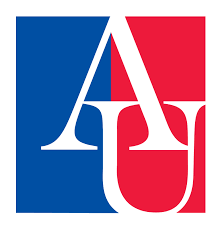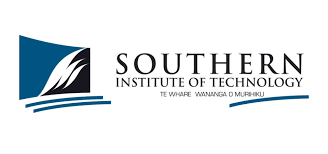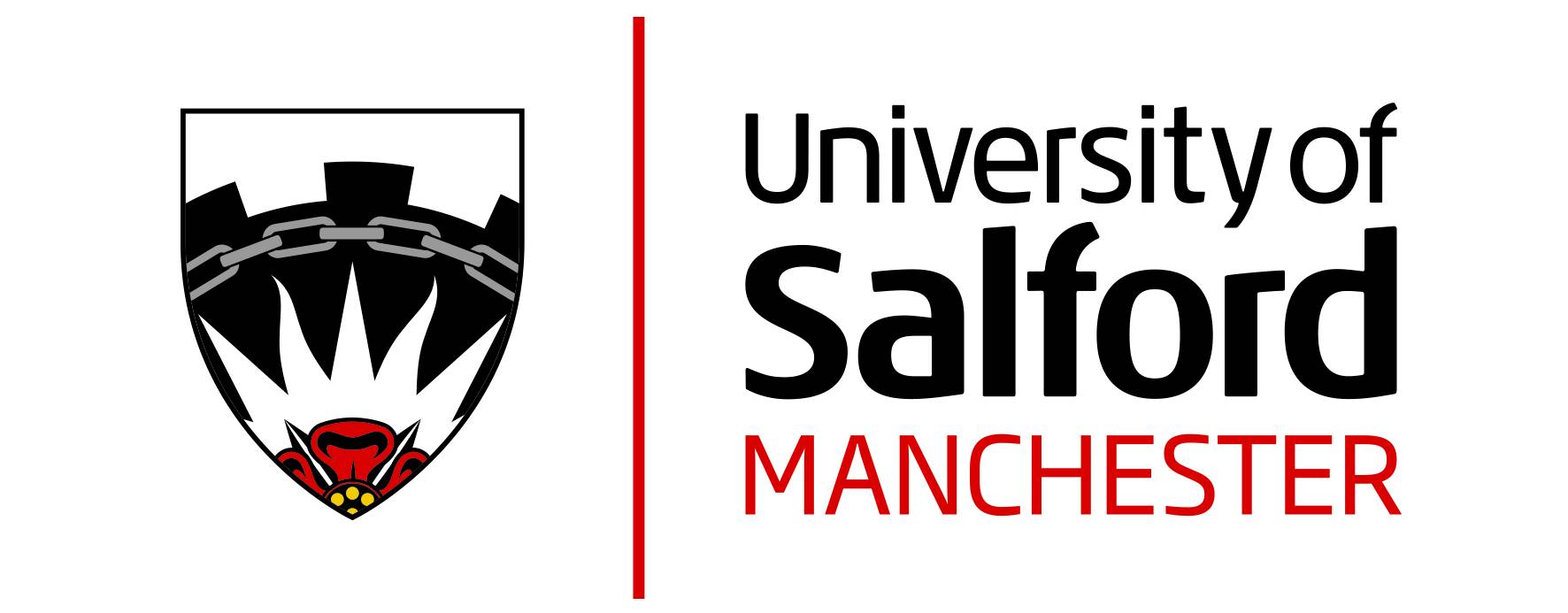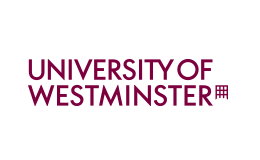Audio Production: Craft Sounds That Resonate Worldwide
Welcome to the world of Audio Production, where creativity meets technology to shape the sounds that define music, films, podcasts, and more. For Indian students dreaming of a global career in audio engineering, studying abroad offers unparalleled opportunities to master cutting-edge skills in state-of-the-art studios. This course equips you with the expertise to produce professional-grade audio, blending artistic vision with technical precision. Whether you're passionate about Bollywood remixes or Hollywood soundtracks, an international Audio Production program can transform your passion into a thriving profession.
With the global audio industry booming—valued at over $20 billion and growing at 8% annually—graduates are in high demand. From recording studios in Mumbai to international hubs like Los Angeles, your skills will open doors to diverse roles. Studying abroad exposes you to diverse cultures, advanced tools like Pro Tools and Ableton Live, and collaborations with industry leaders, giving you an edge over domestic programs.
Why Study Audio Production Abroad?
For Indian students, pursuing Audio Production internationally isn't just about education; it's a gateway to innovation and networking. Indian institutions offer solid foundations, but abroad, you'll access world-class facilities, internships at top labels, and a global perspective on audio trends. Imagine honing your craft in the birthplace of modern music production or experimenting with immersive audio for VR experiences.
- Advanced Technology: Learn on industry-standard equipment unavailable in many Indian colleges, including surround sound systems and AI-driven mixing tools.
- Global Exposure: Collaborate with international peers, attend festivals like Glastonbury or SXSW, and understand multicultural audio aesthetics.
- Career Boost: International degrees from accredited universities enhance your resume, making it easier to secure jobs back home or abroad.
- Skill Diversification: Courses often include modules on live sound engineering, Foley artistry, and podcast production—key for the digital age.
- Personal Growth: Living abroad builds independence, cultural adaptability, and English proficiency, essential for global audio professionals.
Moreover, the rise of streaming platforms like Spotify and Netflix has amplified the need for skilled audio producers. Indian students benefit from this by tapping into scholarships tailored for South Asian talent, reducing costs significantly.
Top Destinations for Audio Production Studies
Choosing the right country can make all the difference. Here are the premier destinations for Indian students, known for their vibrant audio scenes and supportive environments for international learners.
| Country | Key Universities/Programs | Why Ideal for Indian Students | Average Tuition (per year, USD) |
|---|---|---|---|
| United States | Berklee College of Music (Boston), NYU Tisch School (New York), USC Thornton (Los Angeles) | Home to Hollywood and major labels; abundant internships; post-study work visa up to 3 years. | 30,000 - 50,000 |
| United Kingdom | University of West London, Leeds Beckett University, SAE Institute (London) | Rich music heritage (Abbey Road Studios); shorter 1-2 year programs; easier visa for Indians via Graduate Route. | 20,000 - 35,000 |
| Canada | Harris Institute (Toronto), Seneca College, Vancouver Film School | Affordable living; multicultural vibe similar to India; 3-year post-grad work permit; strong film audio focus. | 15,000 - 25,000 |
| Australia | APRA AMCOS programs at JMC Academy (Sydney), SAE Institute (Melbourne), Queensland University of Technology | Laid-back culture; high employability; scholarships for Asian students; 2-4 year work rights post-study. | 18,000 - 30,000 |
These countries welcome Indian students with open arms, offering dedicated support services like orientation programs and Indian student associations to ease the transition from home.
Typical Audio Production Curriculum
An Audio Production course abroad is designed to be hands-on, blending theory with practical projects. Most programs span 1-4 years, depending on bachelor's, master's, or diploma levels. Expect a mix of classroom learning, studio sessions, and real-world assignments.
Core Modules
- Fundamentals of Sound: Explore acoustics, wave theory, and psychoacoustics to understand how sound behaves in different environments.
- Recording Techniques: Master microphone selection, placement, and multi-track recording using tools like Neumann mics and SSL consoles.
- Mixing and Mastering: Learn EQ, compression, reverb, and automation in DAWs (Digital Audio Workstations) to polish tracks for release.
- Audio for Media: Dive into sound design for films, TV, games, and ads, including ADR (Automated Dialogue Replacement) and Foley effects.
- Live Sound Engineering: Gain skills in concert setup, PA systems, and troubleshooting for live events.
- Digital Production: Cover MIDI sequencing, synthesis, and plugin development for electronic music and beats.
- Business of Audio: Study copyright, contracts, and entrepreneurship to navigate the industry as a freelancer or studio owner.
- Advanced Topics: Optional electives in immersive audio (Dolby Atmos), AI in music production, or sustainable audio practices.
Practical components include portfolio-building projects, where you'll produce a full album or soundtrack. Many programs require internships at recording studios or post-production houses, providing invaluable experience. For Indian students, these curricula often incorporate global case studies, like how audio evolved in Western pop versus Indian classical fusion.
Career Opportunities After Graduation
Audio Production opens a spectrum of high-paying roles in a field projected to grow 9% by 2030. With an international qualification, you'll stand out in India's expanding media sector or global markets.
- Sound Engineer: Record and mix audio for artists; average salary: $50,000-$80,000 USD abroad, ₹8-15 lakhs in India.
- Music Producer: Oversee creative processes; work with labels like Universal or T-Series.
- Film Audio Specialist: Design soundscapes for movies; opportunities in Bollywood or Hollywood.
- Podcast Producer: Edit and host shows; booming with platforms like Spotify India.
- Live Event Technician: Handle audio for concerts and festivals; freelance potential high.
- Audio Software Developer: Innovate tools for companies like Avid or Steinberg.
- Freelance Composer: Create custom scores for ads, games, or YouTube content.
Many graduates return to India to work with studios in Mumbai or Bangalore, or stay abroad leveraging work visas. Networking through alumni events can lead to collaborations with Indian artists like A.R. Rahman-inspired projects.
Scholarships and Financial Aid for Indian Students
Studying abroad doesn't have to break the bank. Numerous scholarships target Indian talent in creative fields like Audio Production.
- Chevening Scholarships (UK): Full funding for master's; focuses on leadership in arts.
- Fulbright-Nehru (US): Covers tuition and living for exceptional Indian students.
- Canada's Vanier Scholarships: Up to CAD 50,000 for research-oriented audio programs.
- Australia Awards: Merit-based for South Asians; includes stipends.
- University-Specific Aid: Berklee offers need-based grants; SAE provides partial scholarships for international creatives.
Additionally, education loans from Indian banks like SBI offer favorable rates for abroad studies. Budget for living costs: $10,000-$15,000 USD annually, depending on the city. Part-time jobs in campus cafes or freelance gigs can supplement income.
Visa and Application Process
Navigating visas is straightforward with proper guidance. Start early—applications open 6-12 months in advance.
- Research and Apply: Select programs via university websites; submit transcripts, SOP (Statement of Purpose) highlighting your audio passion, and portfolio (e.g., demo tracks).
- Entrance Exams: Some require IELTS/TOEFL; no GRE for most creative courses.
- Secure Offer Letter: Upon acceptance, apply for student visa (F-1 for US, Tier 4 for UK).
- Visa Interview: Prepare financial proofs, ties to India, and study intent; success rate high for genuine applicants.
- Pre-Departure: Attend webinars on cultural adaptation; pack essentials like adapters for Indian appliances.
Indian students often find the process smoother with agents specializing in study abroad, ensuring compliance with post-COVID protocols.
Success Stories and Final Thoughts
Countless Indian alumni have thrived: From a Delhi native producing tracks for global EDM festivals after Berklee, to a Chennai graduate engineering audio for Canadian films. These stories underscore the transformative power of studying Audio Production abroad.
Embark on this sonic journey to amplify your voice on the world stage. With dedication, your Audio Production degree will not just educate but inspire a lifetime of innovation. Contact our advisors today to tailor your path to international success.




